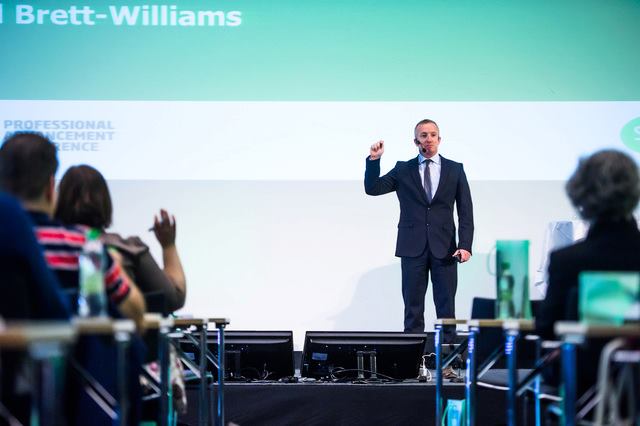Customer Delight
Satisfied customers
defect at a high rate in many industries. Because satisfaction alone does not
translate linearly into outcomes such as loyalty in terms of purchases,
businesses must strive for 100 percent, or total customer satisfaction and even
delight to achieve the kind of loyalty they desire.
Current studies attribute
a higher degree of emotionality to the dissatisfaction end of the satisfaction
continuum than in the past. For example, customers who have experienced service
failures feel annoyed or victimised.
Although victimisation is
felt at a deeper emotional level than irritation, both can result in outrage.
By focusing on more intense customer emotions, such as outrage and delight, we
can understand the dynamics of customer emotions and their effect on customer
behavior and loyalty.
What strategies do you
use that help gratify and delight customers?
I hope you found this information on the Customer
Delight helpful. Let me know how you apply this knowledge in your life and in
your business.
Just one more thing before you go … I’d
like to ask you to do one important thing for me – spread the word about
this article.
That is all -
David



